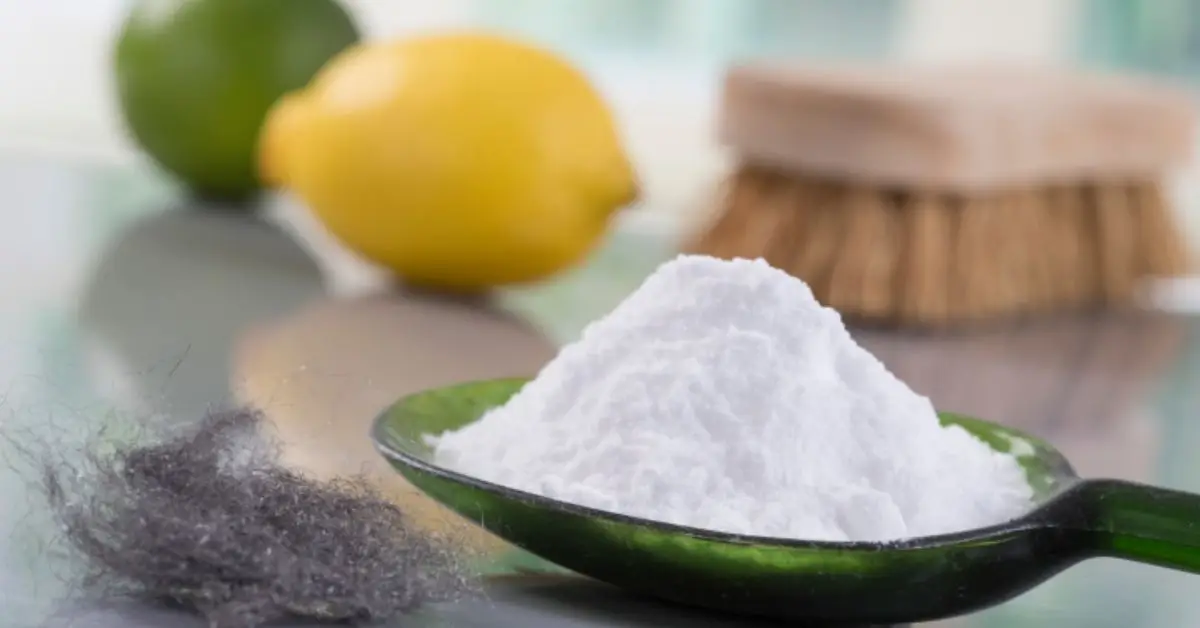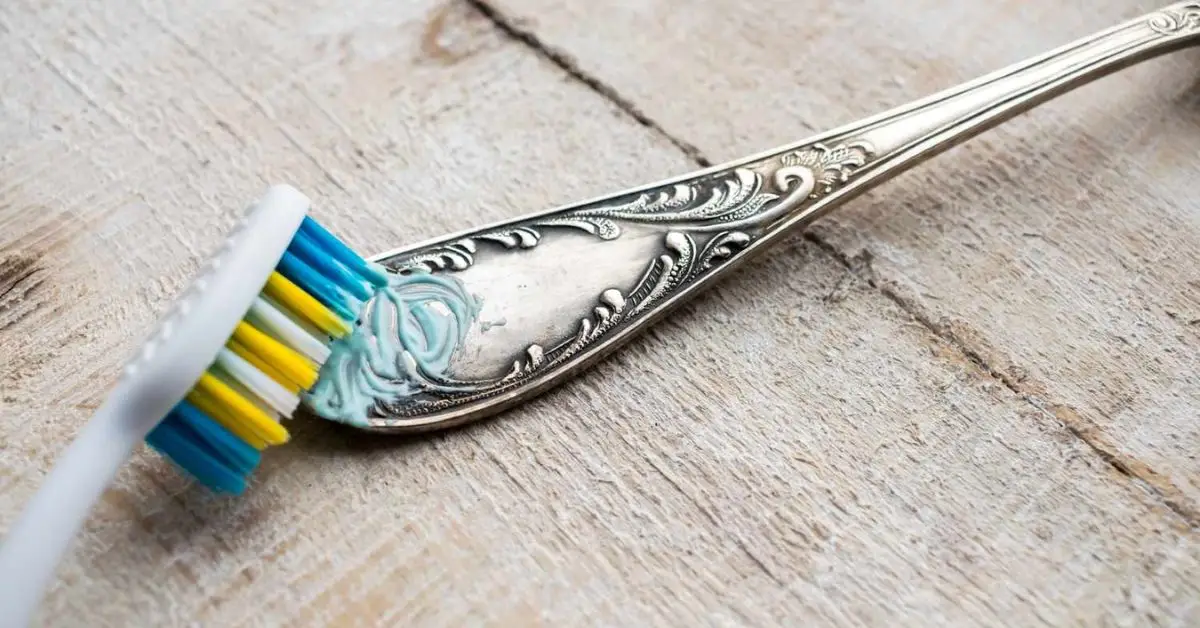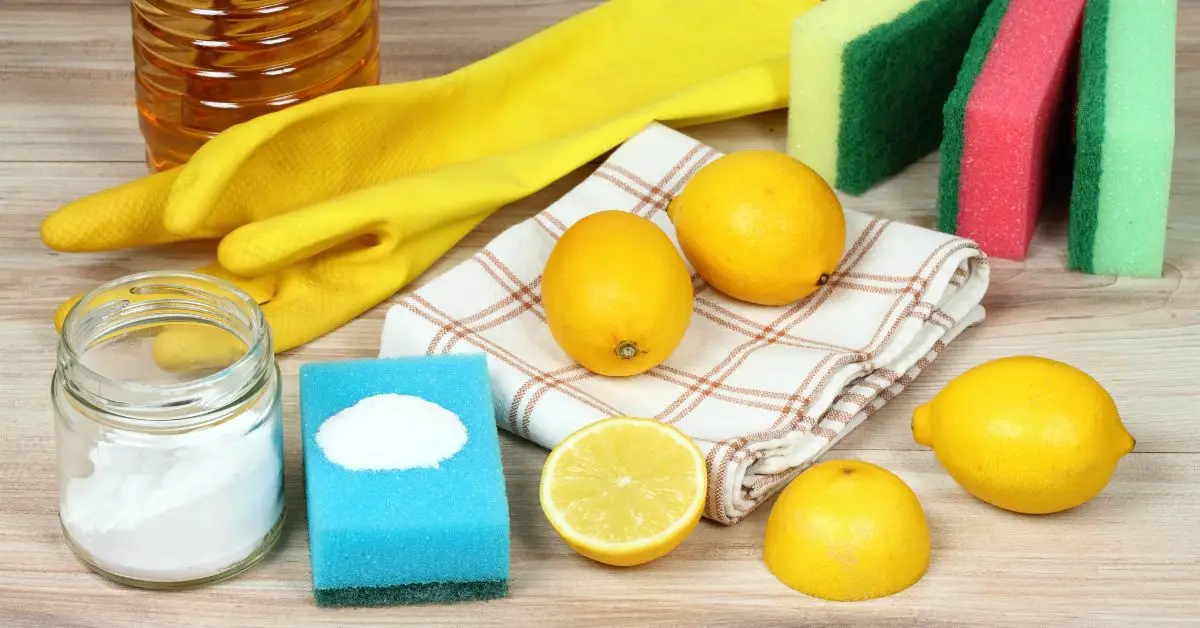5 Common Household Items That Will Save You Money and Clean Like Magic
You probably don’t think twice about your kitchen sponge or the baking soda tucked away in the pantry. But what if I told you these everyday items could do far more than you’ve imagined—turning them into powerful, natural cleaners? You’ve likely heard about the need to ditch harmful chemicals in favour of eco-friendly alternatives, but you might not realise just how many common household products can step in and do the job—without you ever needing to make a special trip to the store.
In this article, I’m going to show you how you can take advantage of things you already own to make your home cleaner, greener, and more cost-effective. Whether it’s your trusty vinegar or the toothpaste you use every day, you’ll be surprised by how versatile these household staples really are. So, let’s dive in and discover how the items you already have can transform your cleaning routine. Ready to see your home in a whole new light? Let’s go!
1. The Magic of Baking Soda – More Than Just a Fridge Freshener

Baking soda isn’t just for keeping your fridge fresh. It’s one of those magical, multi-purpose items that can do wonders around the house without any harmful chemicals. Many people overlook its potential beyond its classic fridge role, but it can actually be a total game-changer in your cleaning routine.
Cleaning and deodorizing power of baking soda: If you’ve ever struggled to remove stubborn stains or odors from your carpets, sinks, or even clothes, baking soda might be your new best friend. Its mildly abrasive texture helps scrub away grime, while its natural deodorizing properties neutralize unwanted smells. It’s also fantastic for tackling tough stains on fabrics, from wine spills to pet accidents, without damaging the material. You can just sprinkle it on, let it sit, and vacuum or wipe it off—simple, effective, and chemical-free.
You can also check out 8 Cleaning Mistakes That Are Making Your Home Dirtier to make sure you’re not sabotaging your efforts with common cleaning errors, like using the wrong cleaners on your surfaces.
Effective for more than just surfaces: Baking soda also works wonders in your laundry. Add a little to your washing machine to brighten whites and neutralize any lingering odors. It’s a great alternative to the harsh chemicals found in commercial laundry detergents, and it’s safe for both your skin and the environment.
You can even find real-life accounts from people on platforms like Reddit, where users share tips and tricks on using baking soda for everyday cleaning tasks. The consensus? It works, and it’s easy to implement in any home cleaning regimen.
2. Vinegar – The Secret Weapon You Never Knew You Had
Vinegar is an all-star in the world of natural cleaning. Despite being one of the most common household items, its true cleaning potential is often underestimated. From removing grime to acting as a natural disinfectant, vinegar can take on several cleaning roles that other products might leave behind.
Vinegar’s Diverse Applications: Vinegar’s acidity makes it perfect for breaking down grease and grime. Whether you’re dealing with cloudy windows, soap scum buildup, or sticky kitchen counters, vinegar cuts through the mess effortlessly. It’s an amazing glass cleaner that leaves windows streak-free and sparkling. It also helps remove hard water stains and mineral deposits from faucets and showerheads.
Specific Cleaning Tasks:
- Glass Cleaner: Mix equal parts water and vinegar to create a streak-free glass cleaner for mirrors and windows.
- Mold Removal: Vinegar’s natural acidity can kill mold and mildew, making it an excellent option for cleaning bathroom tiles or damp areas in the home. Just spray it directly onto the affected areas and let it sit for a few minutes before scrubbing away.
- Fabric Softener Alternative: For a more natural way to soften clothes, use vinegar in place of fabric softener. It helps break down detergent residues while leaving clothes soft and fresh.
Martha Stewart underscores the many uses of vinegar in her cleaning guide, explaining how it’s not only effective but also an eco-friendly choice for your home. With its natural antibacterial properties, vinegar can safely disinfect surfaces, making it a great alternative to harsher chemical cleaners. Plus, it’s often more affordable and widely available than most commercial products.
While vinegar is an all-star, you can take your cleaning game even further with simple household items. For example, 8 Must-Try Vinegar & Baking Soda Hacks will give you more ideas on how to make the most of these two powerhouse ingredients.
In short, vinegar might not have the flashy appeal of some commercial cleaning products, but when it comes to versatility and affordability, it’s tough to beat.
3. Toothpaste – Your Unexpected Bathroom Hero
Toothpaste is something most of us use daily, but its role in cleaning tasks beyond the bathroom is often underestimated. This section will show you how this humble product can tackle stains, grime, and other household messes with ease—without the need for expensive commercial cleaners.

Toothpaste for cleaning tasks: Toothpaste can be a secret weapon for removing stains you wouldn’t expect it to touch. From stubborn marks on walls to scuff marks on shoes, toothpaste can work wonders without damaging the surface. If you’ve ever noticed yellowing on your silver jewelry, toothpaste is also a simple, effective solution to restore its shine. It’s as easy as applying a small amount with a cloth, scrubbing, and wiping it off for a gleaming finish.
Non-abrasive and surface-friendly: One of toothpaste’s most valuable features is its non-abrasive properties. It’s gentle enough to clean without scratching delicate surfaces, making it ideal for more sensitive materials like jewelry, chrome faucets, or ceramic tiles. So, you get the cleaning power you need, without worrying about accidental damage to your belongings.
4. Olive Oil – Beyond Cooking: A Natural Shine for Your Furniture
Olive oil is likely something you use for cooking, but did you know it can also be a fantastic, eco-friendly solution for cleaning and polishing furniture? This section reveals how olive oil can transform your furniture care routine, offering a natural, non-toxic alternative to chemical polishes.
Polishing wood furniture with olive oil: You might be surprised, but olive oil can create a beautiful natural shine for wooden furniture. It conditions and nourishes the wood, helping to keep it looking fresh while providing a protective layer. To use it, simply apply a few drops to a soft cloth and rub it into the surface of your furniture. Not only will it bring out the natural grain, but it also helps to prevent cracks and dry patches.
DIY Wood Cleaner Recipe: For a simple and effective wood cleaner, mix olive oil with vinegar or lemon juice. This easy homemade solution works wonders for polishing and cleaning wood, leaving it free of dust and grime without using harsh chemicals. Plus, you’ll save money compared to store-bought wood cleaners.
5. Lemon – Fresh Smell and Powerful Antibacterial Properties

Lemon is more than just a refreshing addition to your drink—it’s a powerhouse when it comes to cleaning. With natural antibacterial properties and a fresh scent, lemon is a great way to tackle grease, odors, and grime without the need for harsh chemicals. This section will explore how you can incorporate lemon into your everyday cleaning routine.
Lemon’s Antibacterial Properties: Lemon’s high acidity gives it natural antibacterial and antiseptic properties. This makes it perfect for cutting through grease in the kitchen, removing stubborn odors, and even disinfecting surfaces. Whether you’re cleaning countertops or cutting boards, a few drops of lemon juice can go a long way. Its antibacterial nature helps eliminate bacteria and germs, making it a safe and effective solution for cleaning in areas like the kitchen and bathroom.
Cleansing Surfaces: The natural acidity in lemon juice works wonders as a cleaner. It can remove soap scum from bathroom tiles, help to clean and shine stainless steel appliances, and even break down hard water stains. Simply cut a lemon in half, rub it on the affected surface, and let the juice sit for a few minutes before wiping it away. It’s a simple, eco-friendly alternative to commercial cleaning products that are often filled with chemicals.
Looking to use even more household items to clean your home? You might also love reading 6 Genius Vodka Cleaning Hacks Every Homeowner Should Try to discover how versatile spirits can be in tackling tough household messes.
By integrating lemon into your cleaning routine, you’re not only getting a fresh scent but also ensuring your home is disinfected naturally.
Conclusion: The Household Items That Save Money, Time, and the Environment
As we wrap up, it’s clear that many of the cleaning products we need are already in our homes—no need to purchase expensive, chemical-laden cleaners. By embracing these simple, accessible items, you’re not just saving money; you’re also making a positive impact on the environment by reducing your reliance on harmful chemicals. It’s a win-win!
From baking soda to vinegar, toothpaste to olive oil, these household staples are not just for their typical uses—they’re also versatile, eco-friendly cleaning powerhouses. Not only do they save you money, but they also help reduce the environmental footprint of your cleaning habits. The best part? These natural solutions are safe, non-toxic, and effective in ways commercial products just can’t match.
Ready to give these cleaning hacks a try? Start using these everyday items in your home and see the difference they can make. I’d love to hear how these simple solutions work for you—share your tips or experiences in the comments below!
Also, for more eco-friendly and cost-effective home improvement ideas, be sure to check out Build Like New for more practical tips and inspiration!
Disclaimer: The cleaning tips shared in this article are based on general advice and personal experiences. Always test any cleaning solution on a small, inconspicuous area before use to ensure compatibility with your surfaces. Results may vary depending on the material or condition of the items you’re cleaning.


